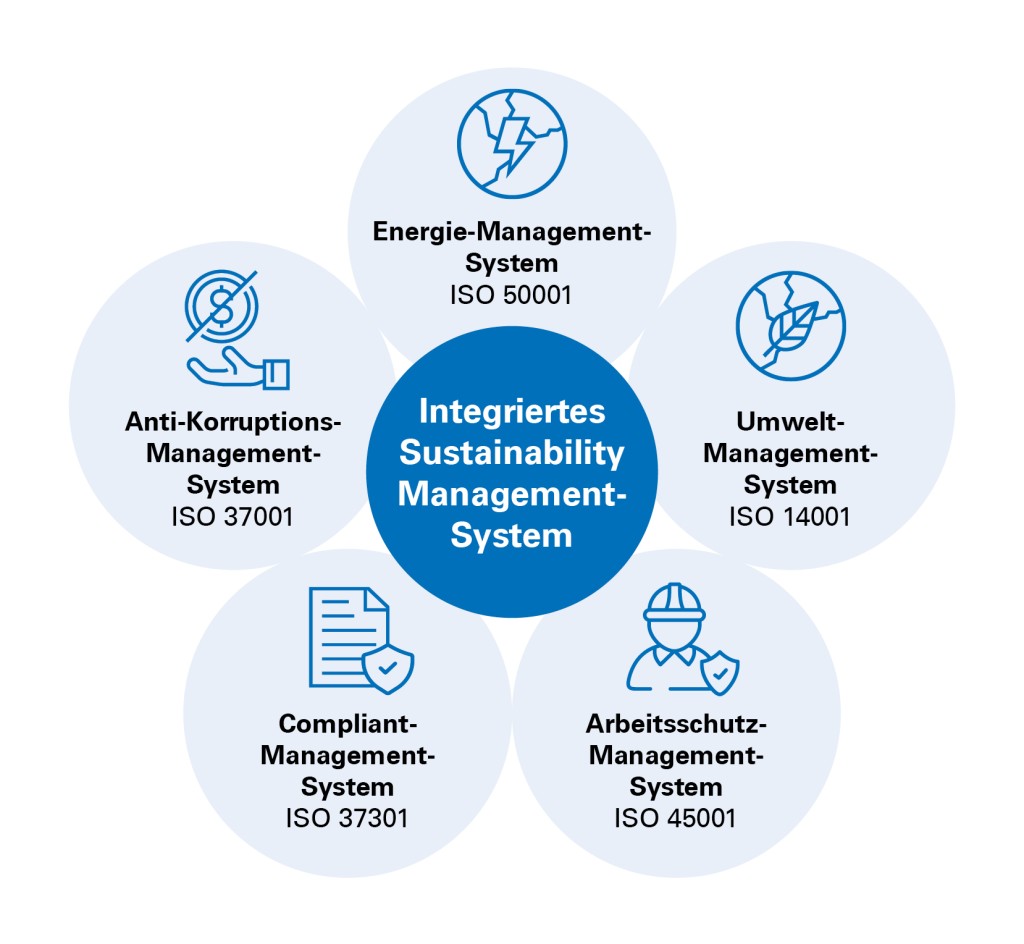
# Creating a Sustainable Future in an Era of Intelligent Machines
### By Jack McGovan
In the continuously changing landscape of intelligent machines and smart systems, researchers throughout Europe are striving to ensure that these innovations are not only cutting-edge and effective but also sustainable and beneficial for society. Groundbreaking EU-sponsored research is illuminating how the fusion of traditional computing, physical systems, and sustainability can positively influence the future of technology.
Dr. Didem Gürdür Broo, a computer scientist from Cyprus and the leader of the Cyber-Physical Systems Lab at Uppsala University in Sweden, is one of the researchers spearheading this movement. Driven by a fascination for machinery and environmental issues, Gürdür Broo is challenging conventional approaches in a field that has historically prioritized productivity.
—
### Changing the Focus: From Productivity to Sustainability
Throughout her academic path, Gürdür Broo identified a notable deficiency in the design philosophy of machines and systems. The main objective, she observed, routinely centered on maximizing efficiency, often neglecting wider concerns such as sustainability and long-term social impact.
“I came to understand that focusing solely on productivity provides a limited perspective on the potential of machines,” she commented. This insight compelled her to investigate creative methods to design and operate emerging technologies like cyber-physical systems (CPS) to deliver more than just industrial effectiveness.
CPS are integrated systems where physical processes are closely linked with computing and communication technologies, resulting in a feedback loop that enables intelligent functions. They support various technologies from smart manufacturing to self-driving vehicles and sophisticated logistics.
In 2021, Gürdür Broo was awarded a distinguished research grant from the European Union to lead a project called Sustainable-CPS. Her research aims to rethink the design and implementation of CPS, offering a new viewpoint in the sector. “Considering how we can design and operate CPS in a more sustainable manner is crucial,” she noted.
Gürdür Broo’s emphasis on sustainability extends beyond mere energy efficiency. It encompasses a comprehensive examination of social, economic, and environmental factors, ensuring that CPS applications align with larger global objectives such as social equity and environmental well-being.
—
### European Drive for Smarter, Greener Systems
As Europe advances its digital transformation with the Digital Decade strategy, technologies like CPS are becoming essential for businesses and everyday life. From smart urban environments to intelligent supply networks, CPS are crucial in refining and automating systems, directly affecting people’s day-to-day experiences.
The European Union has been a strong advocate for CPS research, recognizing that their development and integration should be both competitive and responsible, adhering to sustainability principles. This is in line with ongoing policy initiatives to forge a “human-centered, sustainable, and more prosperous digital future” by 2030.
A cornerstone project in this domain was the EU-funded **EXCELL**, initiated by Hungary’s HUN-REN Institute for Computer Science and Control (SZTAKI). This project united experts from Hungary, Germany, Belgium, and the UK to investigate how big data can enhance CPS in production and logistics frameworks.
“The fourth industrial revolution will hinge on CPS that will monitor, analyze, and automate business operations,” stated Dr. Elisabeth Zudor, the EXCELL project’s coordinator and a senior researcher at SZTAKI. Dr. Zudor noted that seamlessly integrating CPS into industrial contexts – a hallmark of Industry 4.0 – could substantially enhance both production efficiency and sustainability.
Through staff exchanges, academic collaborations, and international partnerships, EXCELL contributed to establishing a solid knowledge foundation for CPS throughout Europe. A primary focus of this initiative was ensuring that its innovations could be applied in real-world scenarios, benefiting industries and logistics through sustainable advancements.
—
### A Sustainable CPS Framework
For Gürdür Broo, crafting sustainable CPS transcends merely adjusting specific components. It necessitates a comprehensive perspective – addressing the relationships among systems and the implications of technological choices on economics, society, and the environment.
Her research under the Sustainable-CPS initiative led to the establishment of a versatile framework for CPS development. This framework operates under three core mindsets:
1. **A Systems Mindset** – Recognizing how individual systems interact within broader ecosystems and connect with each other.
2. **A Design Mindset** – Employing a multidisciplinary approach to ensure solutions serve various stakeholders, including businesses, government entities, and the public.
3. **A Futuristic Mindset** – Foreseeing long-term effects, trends, and opportunities while steering clear of short-sighted perspectives focused solely on immediate results.
“Sustainability is an intricate challenge that demands alternative thinking,” elaborated Gürdür Broo. By offering a roadmap for assessing sustainability from diverse angles, her framework equips designers and engineers with the necessary tools to tackle interconnected issues.